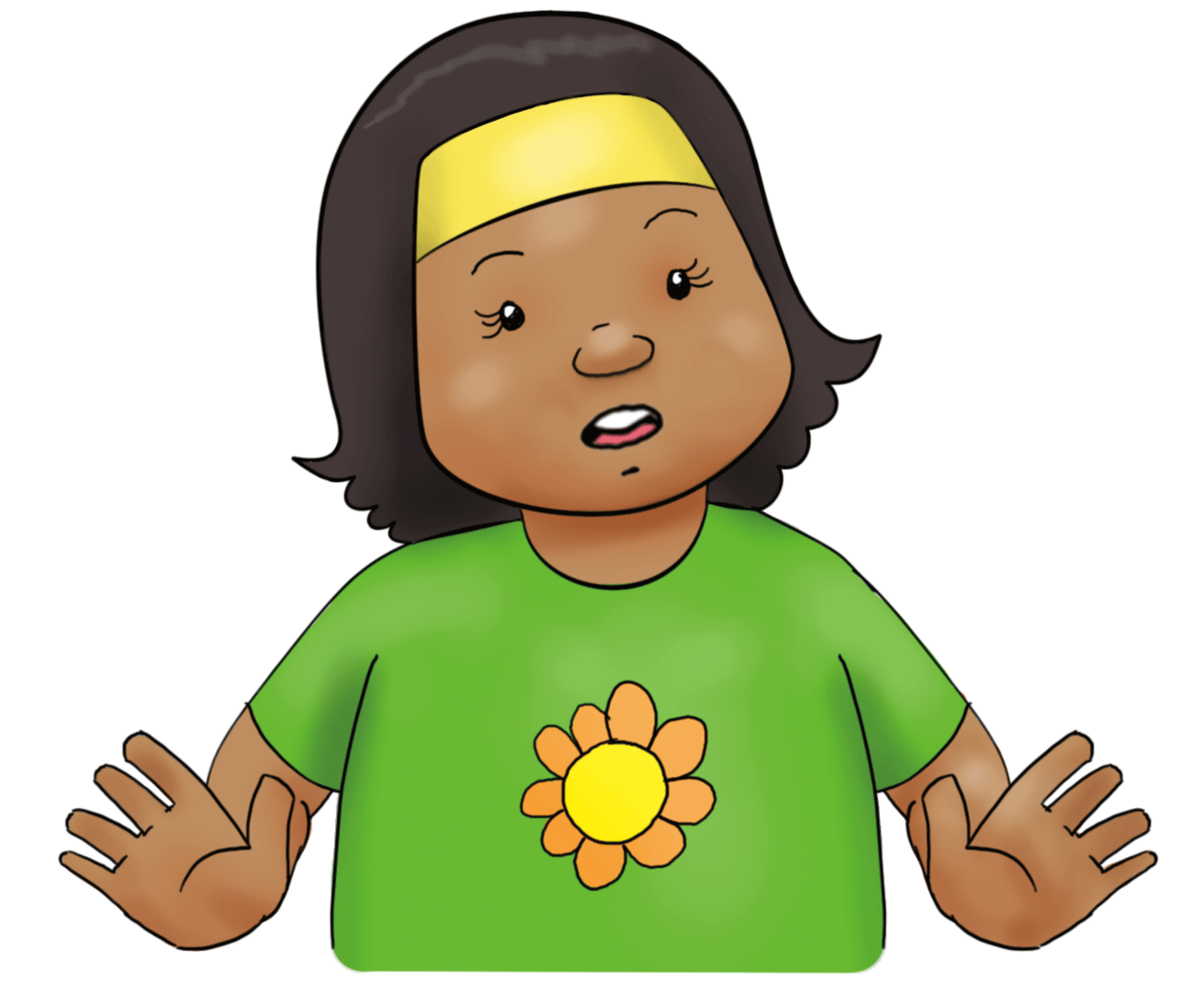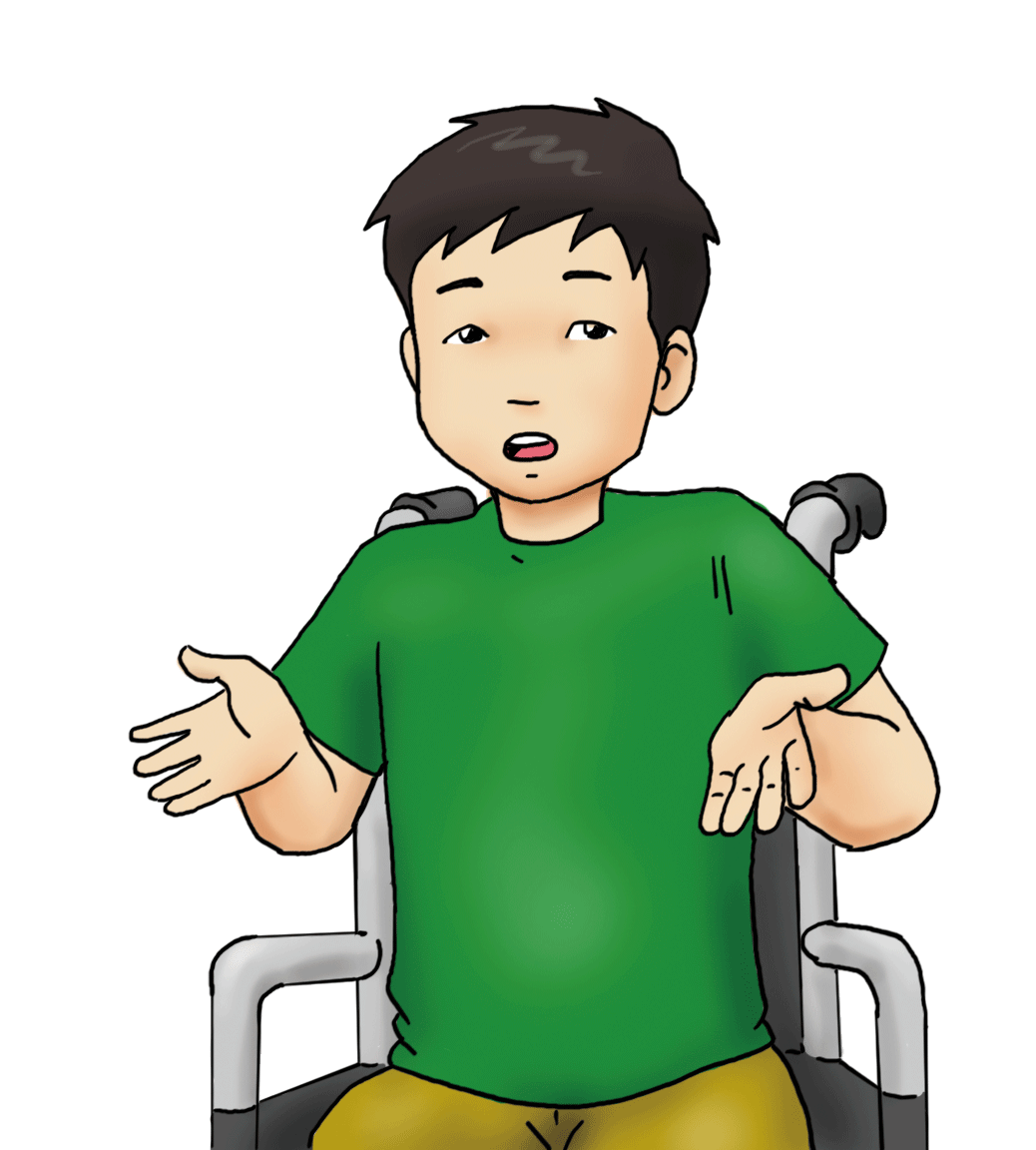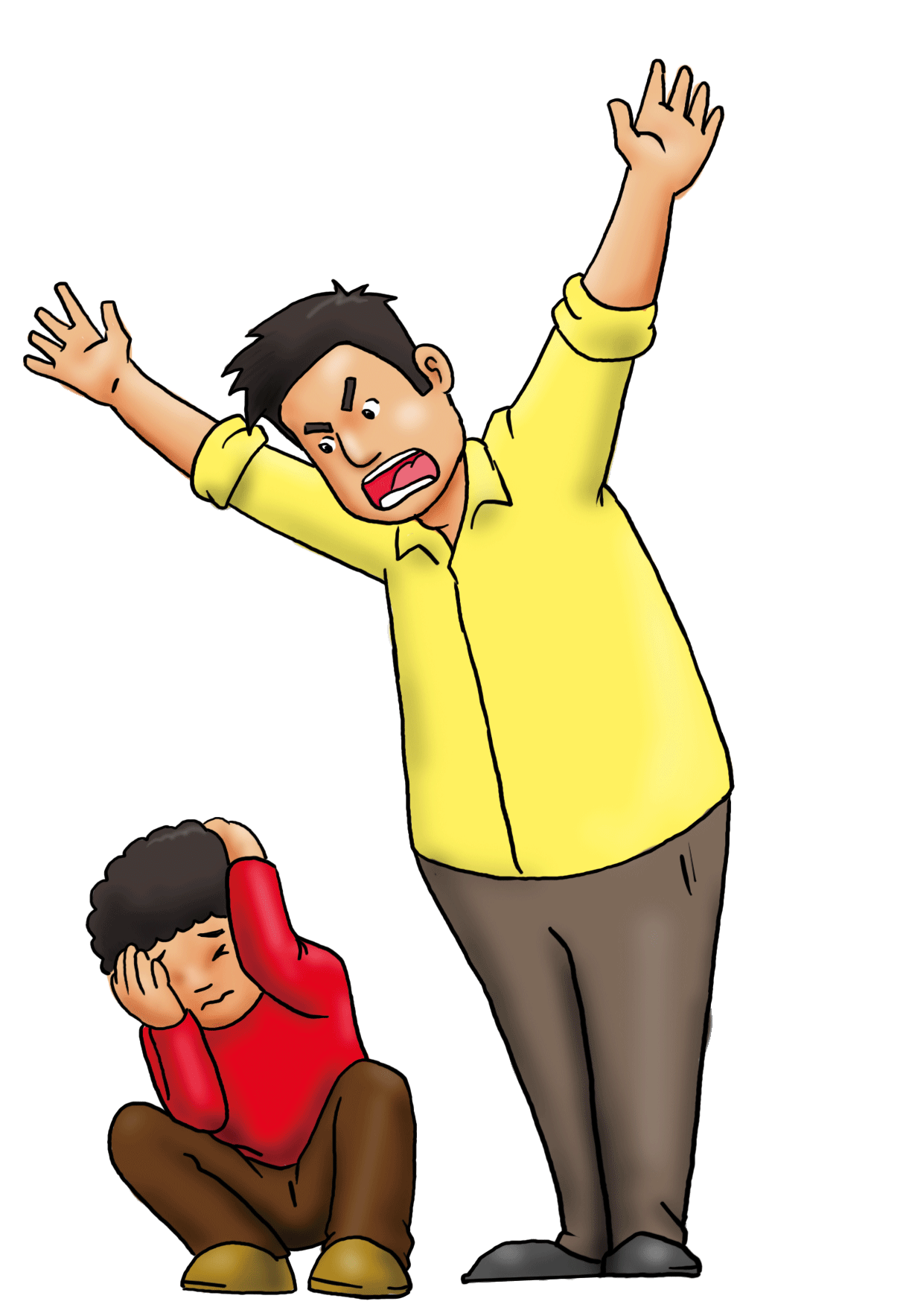What does the
UN Study tell us?
The Study tells us that children experience violence in every country in the world, whatever their culture, believes, background or ethnic group, and it doesn’t matter whether their families are well-educated or not, or rich or poor …
violence can take place anywhere.

Violence is seen as normal but it is NOT!
What’s more, even though it is clear to most people, and even to governments, that children need to be protected from violence and that they are rights holders, that is to say, that they are people with rights, they allow violence against children to continue because it is a custom or because it is commonly used as a form of punishment.
And this is so because violence is often seen as ‘normal,’ as a way of educating and disciplining children.


Violence against children is
NEVER right!
The Study tells us that children should not be any less protected from violence than adults.
We must all prevent violence so that it never takes place. I think violence against children is never right.
The Study also tells us that …
The Study says that governments …
…have the main responsibility to uphold the rights of children to protection, and access to health, education and other services, and they must also help families to provide their children with care in a healthy environment.
…have to make sure that anyone who commits violence against children is punished.
Some children are more at risk or more
exposed to violence than others, on grounds of gender, race, culture, ethnic group, social and economic background, or because they have some form of disability.

Violence includes threats
…violence includes threats of violence, and acts which could possibly cause harm. The harm involved could be to a person’s overall (physical and emotional) wellbeing.
The Study explains that violence takes place
when someone uses their strength or their position of power to hurt someone else on purpose…
Violence also includes deliberate harm people do to themselves, including killing themselves.

Our voice counts!
Children should be able to express their views, and their opinions should be taken into account whenever decisions are made to stop the violence they are experiencing.
Many of us are afraid to report violence.
…and why is violence often not reported or remains hidden?
Many children are afraid to report violence.
Because they are afraid of the person committing violence and the power he or she exerts over them.
…they are also afraid that they will be blamed or rejected because they have close ties to the perpetrator.
Sometimes family members also fail to report violence because it is committed by a very close relative, including a parent or a community leader, school teacher, police officer or employer.
Sometimes children are blamed for “bringing shame” onto the family, school or
community… and sometimes they hide information to avoid creating scandal.
Sometimes violence is not reported because people don’t trust the authorities or there are no authorities to go to when violence takes place.
Often poor records are kept and little research is carried out, so that no one knows the real extent of the problem in most countries, and people often don’t know how to report violence.
